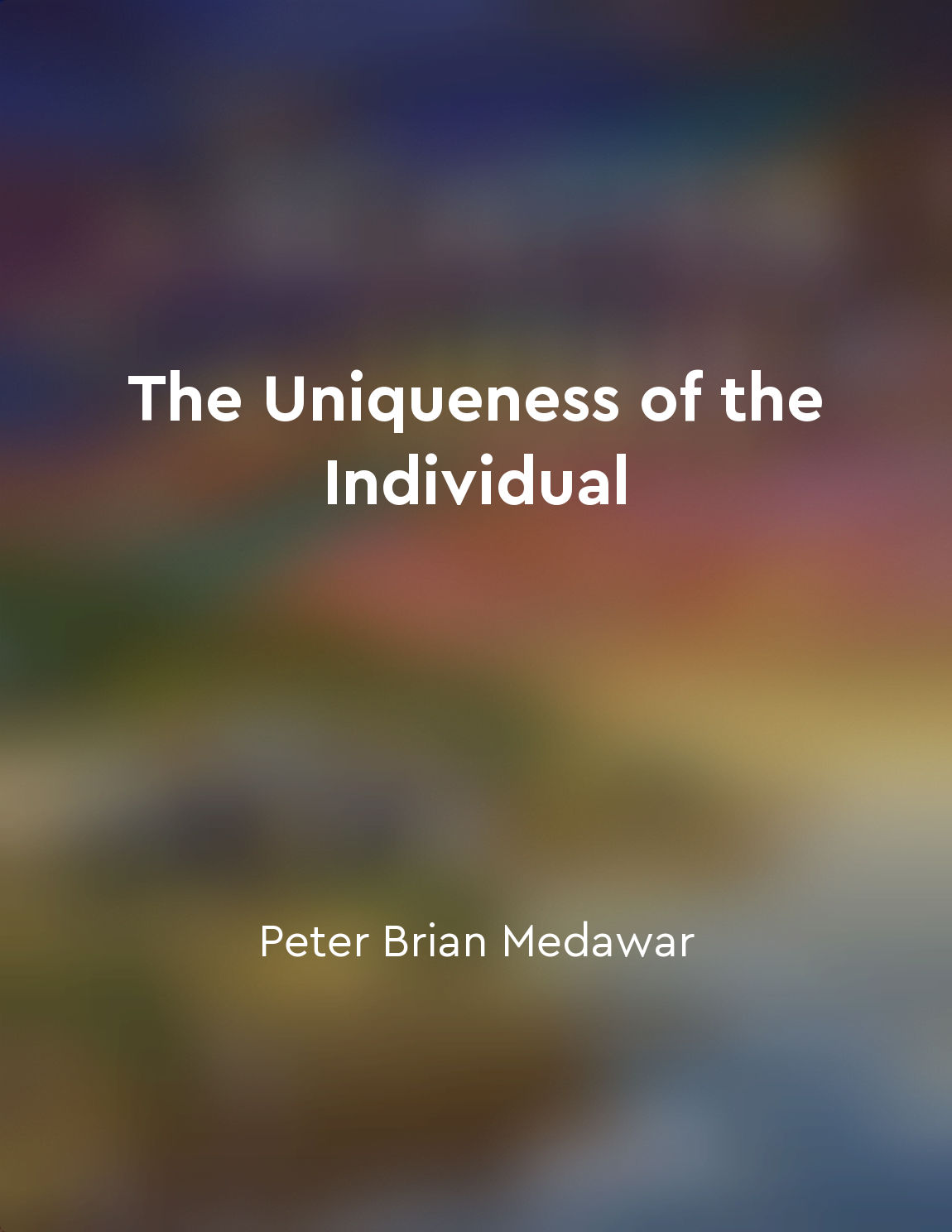Human populations show genetic diversity from "summary" of Human Biology by Cecie Starr,Beverly McMillan
Genetic diversity is a fundamental characteristic of human populations. This diversity arises from the fact that humans have a large number of genes, each of which can exist in multiple forms. These different forms of a gene are called alleles. As a result, individuals within a population can have different combinations of alleles for a given gene. This genetic diversity is further increased by the fact that genes are inherited from both parents. Each parent contributes one allele to their offspring, leading to even greater variability in the genetic makeup of individuals. Additionally, genetic diversity is also influenced by factors such as mutations, gene flow, and genetic drift. Mutations are random changes in the DNA sequence that can create new alleles. Gene flow occurs when individuals from different populations interbreed, leading to the exchange of alleles between populations. Genetic drift, on the other hand, refers to random changes in allele frequencies within a population due to chance events. Overall, genetic diversity is important because it provides the raw material for evolution to occur. Evolution is driven by the process of natural selection, which acts on the variation present within populations. By selecting for certain traits that increase an individual's reproductive success, natural selection can lead to changes in allele frequencies over time.- Genetic diversity is a key characteristic of human populations that arises from the presence of multiple alleles for each gene, inheritance from both parents, mutations, gene flow, and genetic drift. This diversity is essential for the process of evolution to occur through natural selection.
Similar Posts

The notion of selfhood is deeply ingrained in the human psyche
The idea that each individual possesses a unique sense of self is a fundamental aspect of human nature. This concept is deeply ...
The moral law is evidence of a Higher Power
The moral law, which governs our sense of right and wrong, is a universal and innate part of human nature. It is not dependent ...
Group selection may play a role in the evolution of altruistic behaviors
In the Darwinian world of selfish genes, altruistic behaviors pose a conundrum. How can selfless acts evolve when they seemingl...

Fertilization leads to the formation of a zygote
The process of fertilization is a crucial step in sexual reproduction. It occurs when a sperm cell from a male fuses with an eg...
Ecosystems are composed of interrelated biotic and abiotic components
Ecosystems are intricate systems that consist of living organisms, known as biotic components, and non-living elements, referre...

Embrace ambiguity
The world is full of uncertainty. We face complex and unpredictable situations every day, whether in our personal lives or in t...
Schrödinger developed wave mechanics
In quantum mechanics, the behavior of particles such as electrons is described in terms of waves. This was a breakthrough by th...
The book highlights the interconnectedness of scientific concepts
The interconnectedness of scientific concepts is a fundamental aspect of understanding the world around us. By recognizing the ...
Complexity is inherent in life
Life is a concept that is both complex and multifaceted. It is a phenomenon that encompasses a wide range of processes, from th...
Evolutionary theory challenges traditional views of progress
The concept of progress in evolutionary theory challenges traditional views that uniformly extol progress as an inherent featur...

